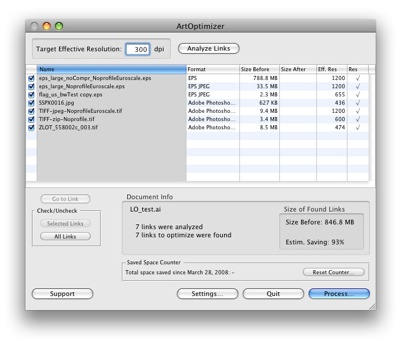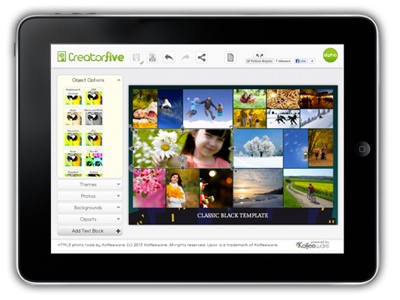In what has to be good news for Apple and its iBookstore, the February 2011 sales report of the Association of American Publishers, shows that eBooks enjoyed triple digital percentage growth (202.3%) in February 2011 compared to February 2010.
The report, produced by the trade association of the U.S. book publishing industry, tracks monthly and year-to-date publishers’ net sales revenue in all categories of commercial, education, professional and scholarly books and journals. For February 2011, eBooks ranked as the number one format among all categories of Trade publishing (Adult Hardcover, Adult Paperback, Adult Mass Market, Children’s/Young Adult Hardcover, Children’s/Young Adult Paperback).
This one-month surge is primarily attributed to a high level of strong post-holiday eBook buying, or “loading,” by consumers who received eReader devices as gifts. Experts note that the expanded selection of eReaders introduced for the holidays and the broader availability of titles are factors.
Additionally, trade publishing houses cite eBooks as generating fresh consumer interest in — and new revenue streams for — “backlist” titles, books that have been in print for at least a year. Many publishers report that eBook readers who enjoy a newly-released book will frequently buy an author’s full backlist.
For the year to date (January/February 2011 vs January/February 2010), which encompasses this heavy post-holiday buying period, e-Books grew 169.4% to $164.1M while the combined categories of print books fell 24.8% to $441.7 million.
“The February results reflect two core facts: people love books and publishers actively serve readers wherever they are,” says Tom Allen, president and chief executive officer of AAP. “The public is embracing the breadth and variety of reading choices available to them. They have made eBooks permanent additions to their lifestyle while maintaining interest in print format books.”
Allen added that book publishers have been leaders among content providers in identifying and serving new audiences. “Publishers have always strategically expanded into all the markets and formats where readers want to find books, whether it was Trade Paperback, Mass Market or now digital,” he says. “By extending their work as developers, producers and marketers of high-quality content to emerging technologies, publishers are constantly redefining the timeless concept of ‘books.’”
— Dennis Sellers




